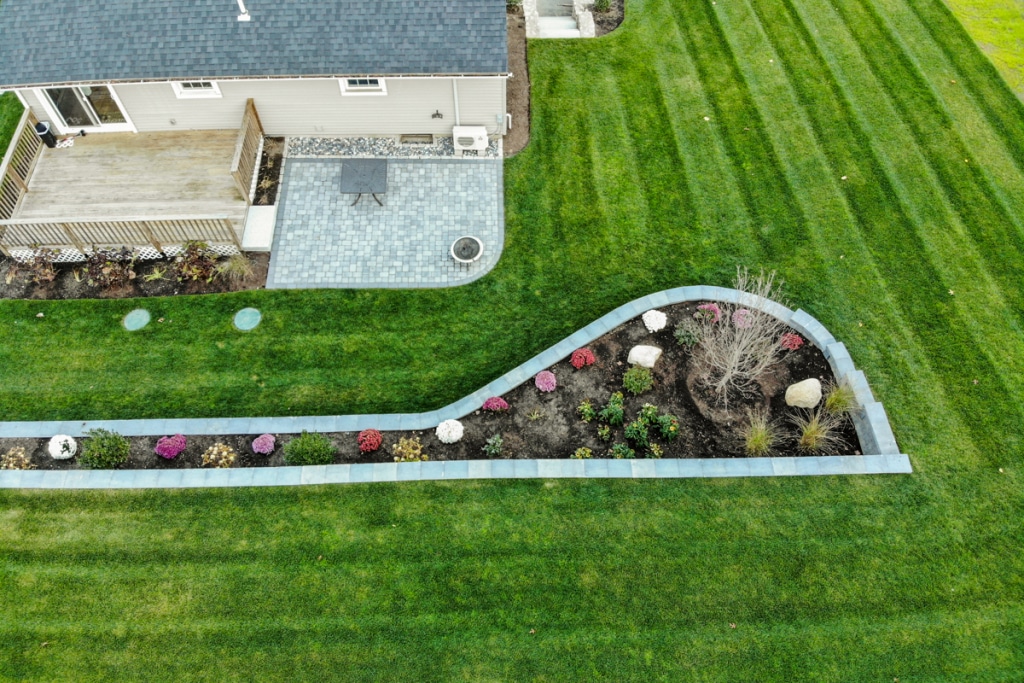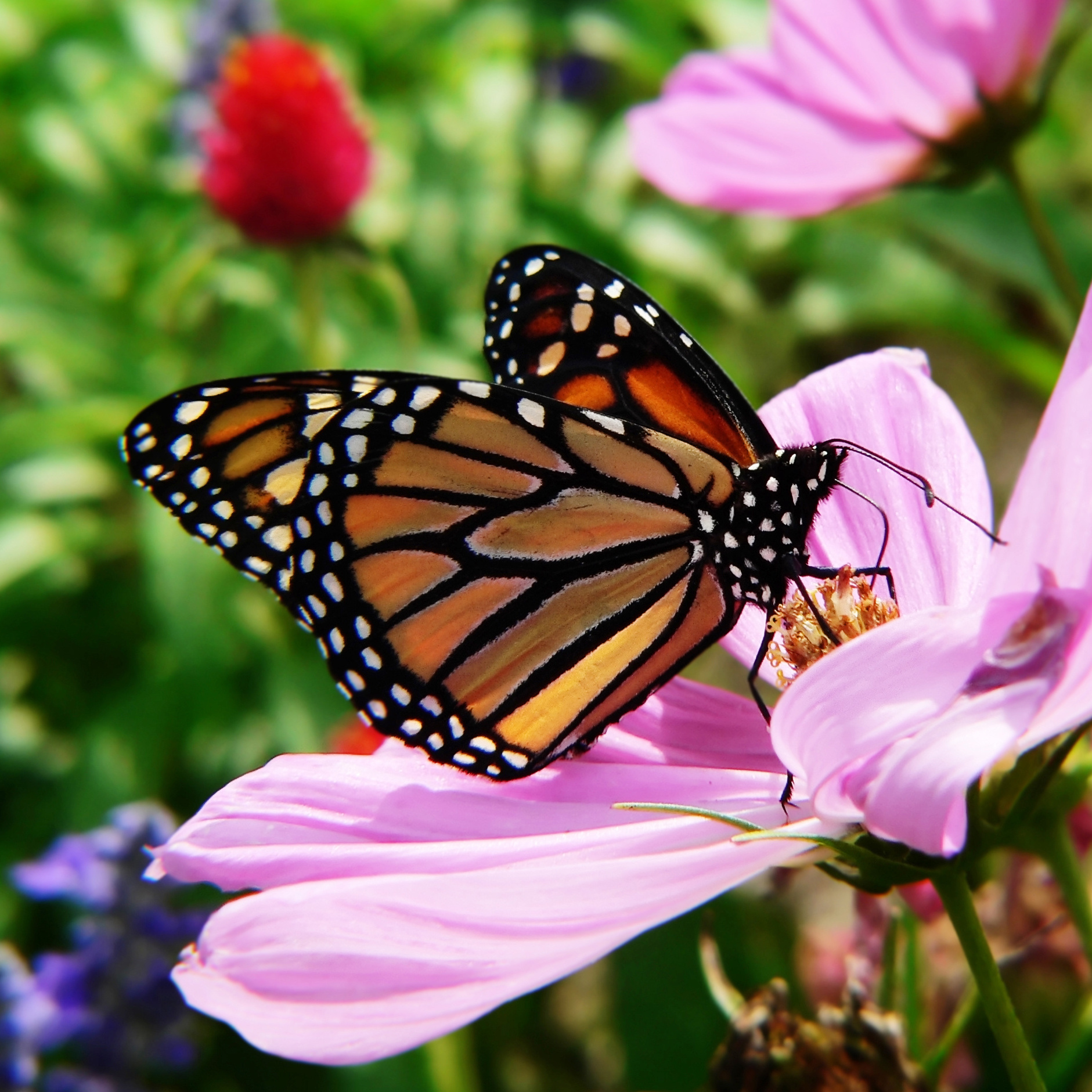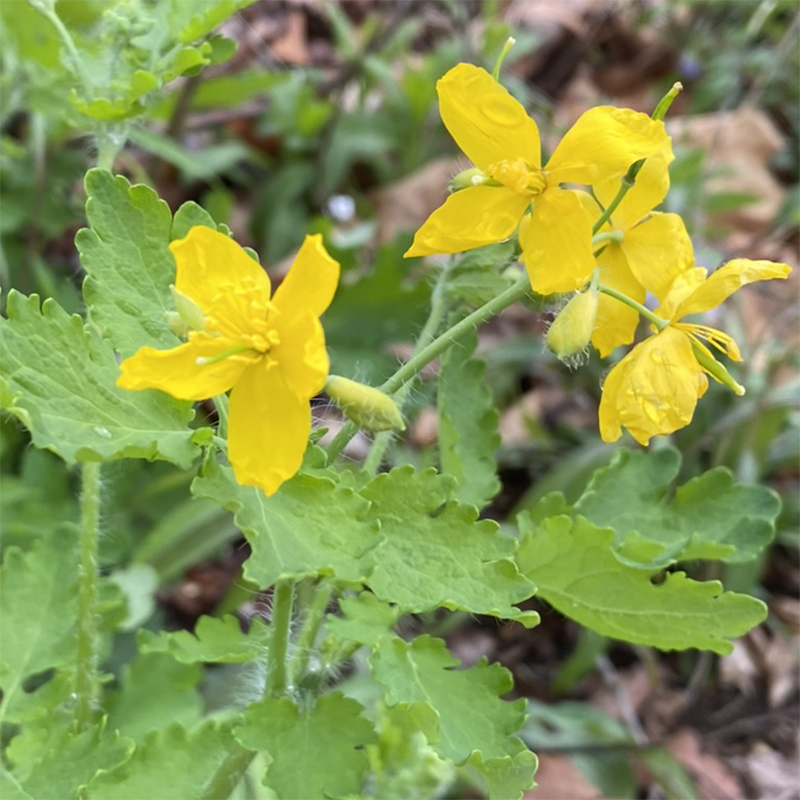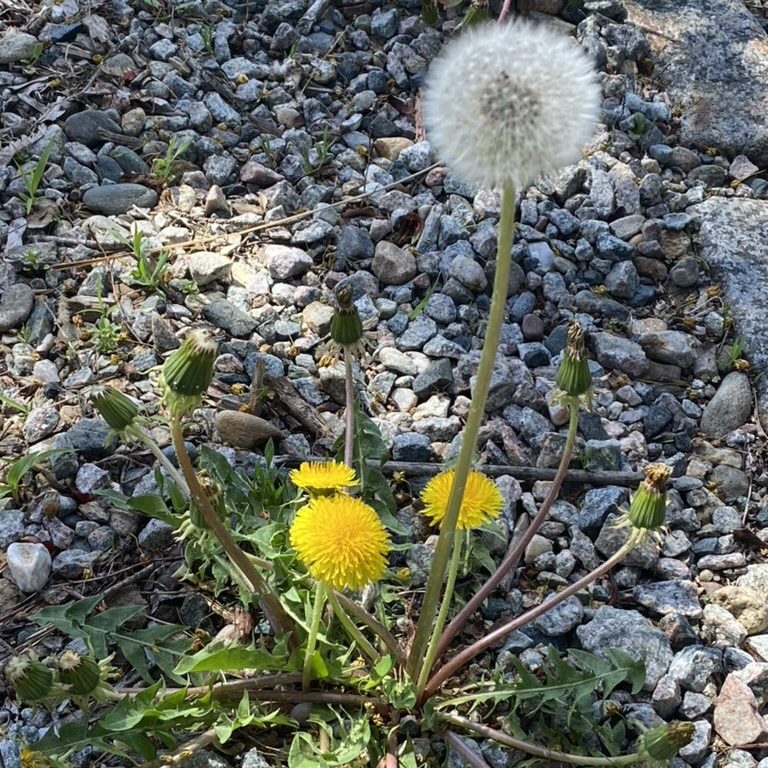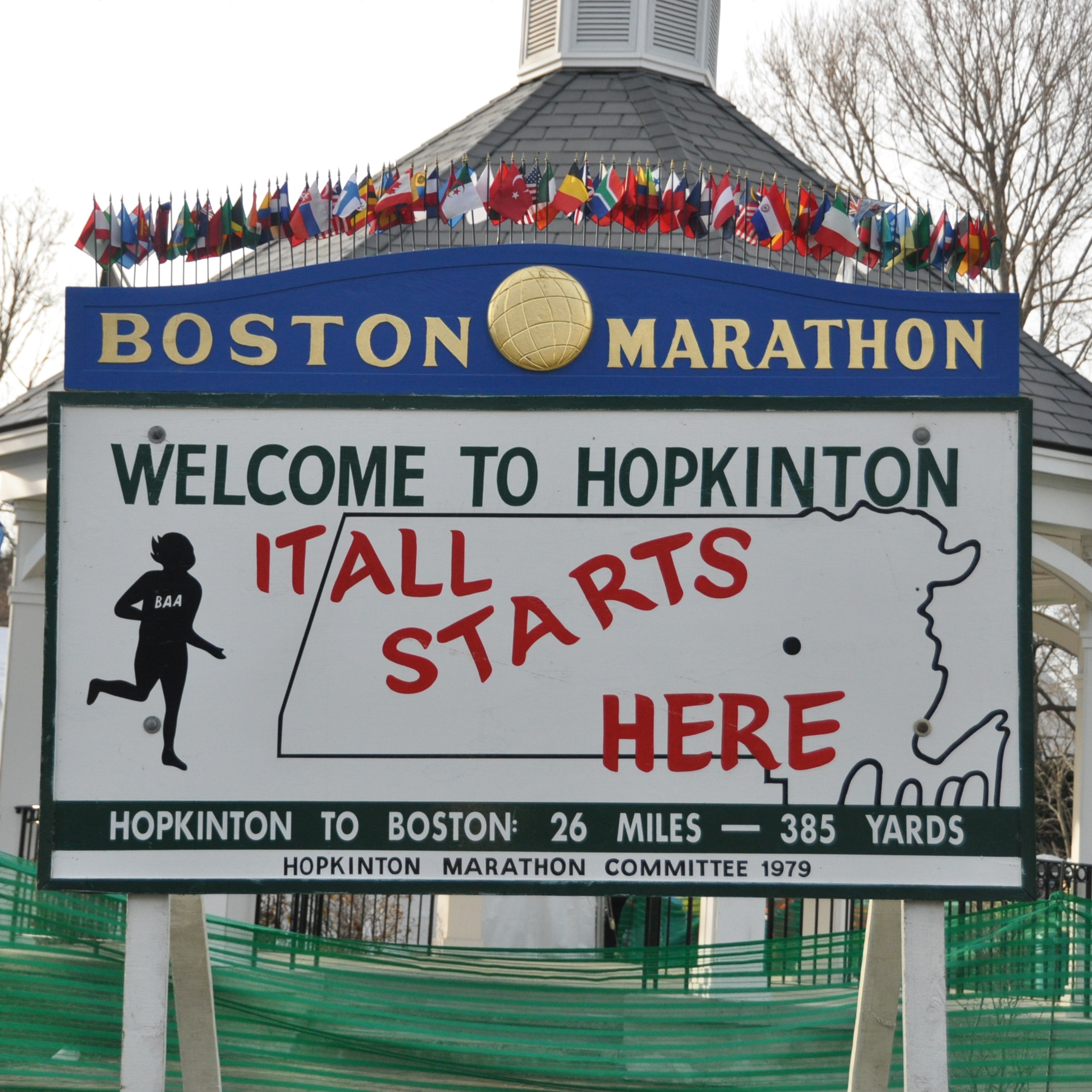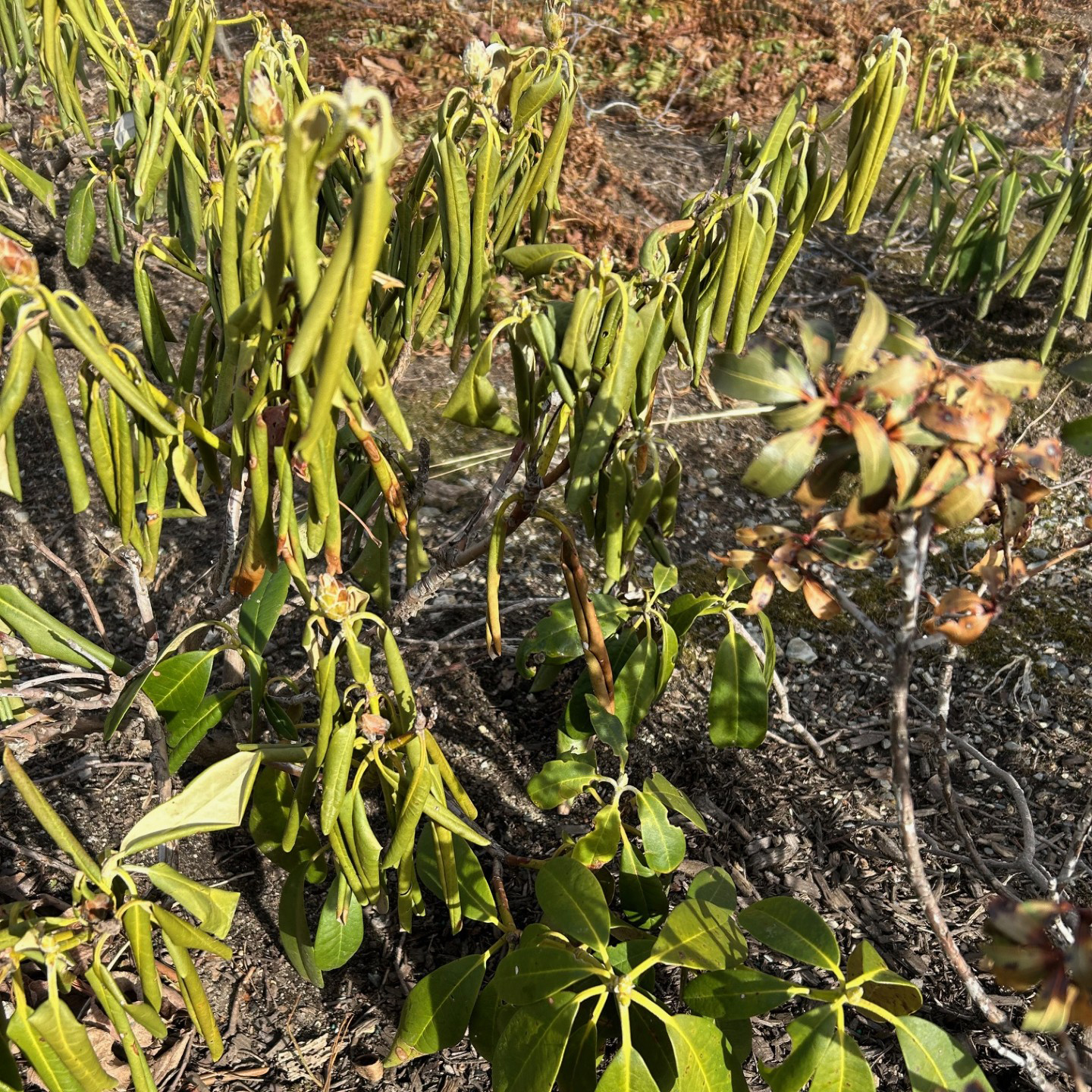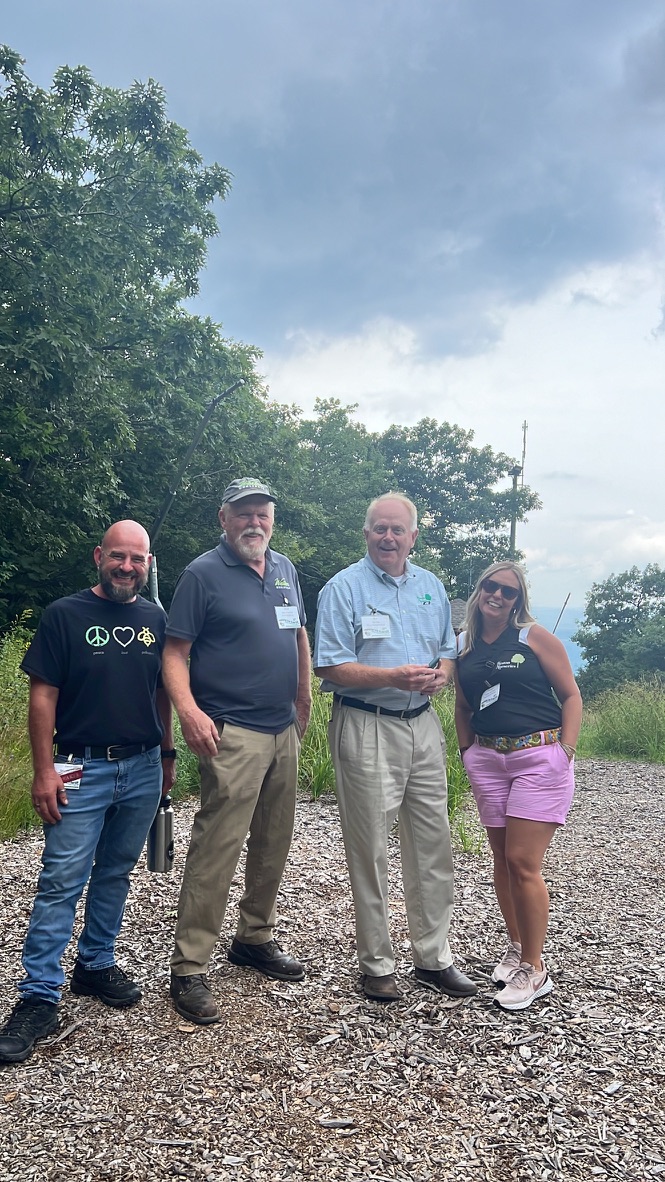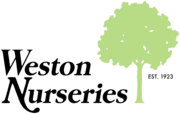
In the past few years organic lawn care has become a very hot topic. Garden centers have seen a dramatic increase in the number of homeowners interested in moving away from traditional lawn care services to a do it yourself, more organic based lawn program. This program would focus more on improving soils and creating healthy, deep rooted turf less dependent on synthetic fertilizers, herbicides, insecticides and other “problem solvers”. When compared with standard four step lawn care, this new approach carries with it several advantages and a few disadvantages.
The decision to sign on for organic lawn care can constitute a serious leap of faith, particularly if the lawn has been maintained using a traditional, more intensive program of multiple high nitrogen fertilizations, along with the preventive use of disease and insect control. (Think old school lawn service). Changing over can require serious adjustments, rethinking the entire concept of lawn care. The first step is to set a reasonable expectation for the lawn for the short term as the transition is made. It would be important to accept the fact that any organic program will require a long term commitment to produce results comparable to the synthetics. You must be willing to enter in to a long term relationship with your grass.
If your the current lawn is in excellent condition, dense, dark green and healthy, the move to organics can be painless. If the lawn is patchy, weedy, and stressed (particularly if this results from poor soils), the transition can be difficult. A program of topdressing high organic soils, mechanical de-thatching, and aerating can combine to correct soil deficiencies. Using natural fertilizers that combine turf nutrition with soil enhancements (humates, beneficial bacteria, and other soil microbials) will provide multiple long term benefits. Over the long haul this ‘feed the soil’ strategy creates a better growing environment for roots, resulting in healthier, denser, less disease prone shoot growth. Minimizing the use of pesticides can protect desirable soil life, including thatch destroying bacteria and fungi. Favorable cultural practices (mowing practices, proper watering technique, etc.) minimize stress. Taken in combination, these common sense steps can bring a certain stability to the turf ecosystem.
For those trying to improve what is currently a mediocre lawn (or worse) via the organic route, you might consider using the “hybrid program”. This would consist of natural fertilizers and limestone, corn gluten weed controls, but synthetic problem solvers for broadleaf control and to contain disease. These chemicals out perform natural products in cases where the problem is severe enough that if ignored, would lead to a significant decline in turf quality. Eventually, as the lawn thickens up again and the turf becomes more vigorous these “reactive” products will not be needed. At that point a completely organic maintenance program can kick in.
Armed with some basic information and inoculated with a dose of reality, there is no reason a do it yourself organic lawn care program couldn’t produce excellent results. Remember that every home lawn situation is unique. Taking the time to time to analyze current conditions and the overall quality of your turf before embarking on any program of care would always make sense.

